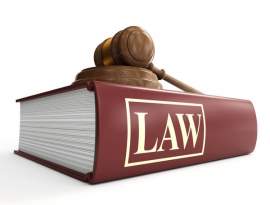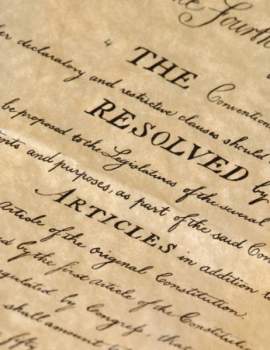
Know the Scope of Federal Judicial Power

Popular In Constitution
Purpose Of Lifetime Appointment And Pros And Cons Enumerated Powers Bicameral Legislature Background Article 3 Of The Constitution We The People 1st Amendment Who Wrote The Constitution Judicial Review Equal Protection Clause 5th Amendment 10th Amendment Three Fifths Compromise
With all of the acts and laws in the Constitution, it can be mind-boggling for one to know what to think. Throughout history, one major concern for people is the amount of Federal judiciary power that these laws create. However, there has to be some kind of judicial system, otherwise our world would be total chaos.
Article 3 of the United States Constitution and the Federal Judiciary Act of 1789 are two pieces that state the power of the Supreme Court. The Supreme Court (and those that fall under the Supreme Court) is allowed to hear cases and make decisions that are relevant to the Constitution.
One problem that may arise from such power is the fact that it is up to the Supreme Court to interpret the Constitution. Marshall, the Chief Justice during the Marbury v. Madison case, felt that there were conflicts between Congress and the Constitution. The Federal Judiciary Act states that a judge has to uphold good behavior and failure to do so will result in impeachment. On the other hand, as long as a judge upholds good behavior that judge can stay appointed to his/her chair as long as he/she chooses. A Federal judge is appointed by the President, not by the people.
Our Founding Fathers realized quickly that though they wanted freedom, a method of power had to be established. Sometimes people are ready to blame the system when it is not the system that went awry. If the people within that system do not adhere to the Constitution, people will see the judiciary system as having too much power.
NEXT: Article 4 of the Constitution




















